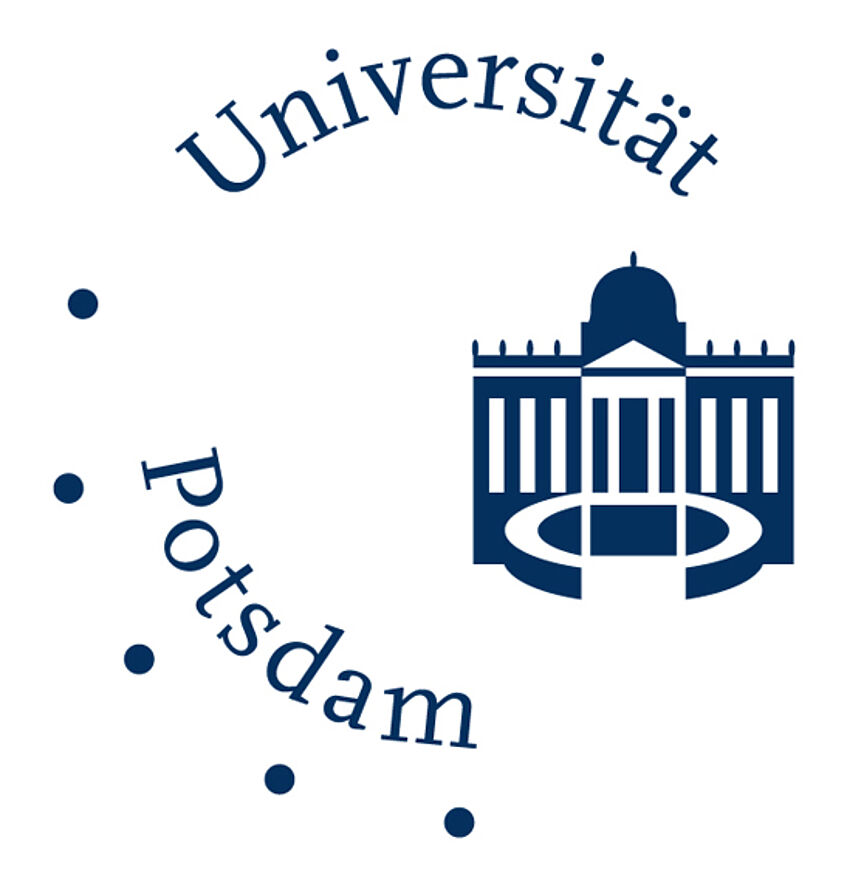Models of Religious Education in Comparison: The Topic of "Islam" from the Perspective of Teachers and Students
The relationship between members of different religions and holders of different worldviews plays an important role in making peaceful coexistence in Europe possible. In this sense, tolerance and mutual respect are core challenges for religious education, so that students learn to deal responsibly with religious diversity. While it is not uncommon for critical demands to be made on Islamic religious education in this regard, Protestant religious education, for example, may come under similar scrutiny. What does Protestant religious education in particular, but also religious education in general, contribute to the promotion of tolerance and respect when dealing with the topic of Islam? So far, there haven’t been any scientific studies on the matter. Instead, Islamic religious education has been in the center of attention. General questions regarding different models of religious education have been examined, and there is discussion about whether traditional denominational religious education should be replaced by neutral religious education. Meanwhile, there is virtually no empirical research on which model of religion-based instruction is better suited to the promotion of tolerance and mutual respect.
The overarching research question of the MORE project therefore is how the topic of Islam is didactically designed in two different models of religious education (Protestant religious education; "Religionskunde"). For methodological reasons, the study is limited to the German-speaking area (D-A-CH), more precisely to Protestant religious education in Germany (Stuttgart area) and Austria (Vienna area) on the one hand, and to the newly introduced subject "Religions, Cultures, Ethics" in Switzerland (Zurich area) and "Lebensgestaltung, Ethik, Religionskunde" in Germany (Berlin/Brandenburg area) on the other hand. Prof.in Raters (Potsdam) as well as Prof. Schweitzer (Tübingen) are responsible for this study for Germany, for Austria Prof. Rothgangel (Vienna) and for Switzerland Prof. Schlag (Zurich).






